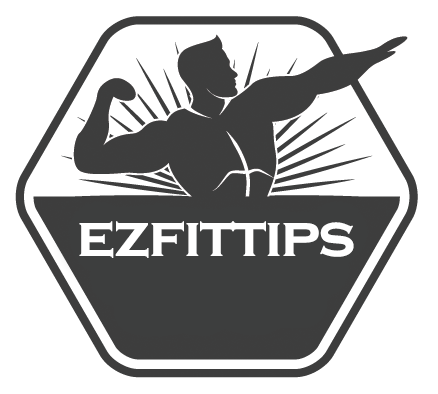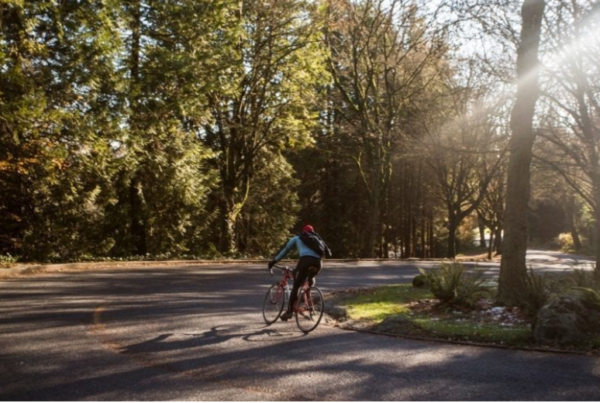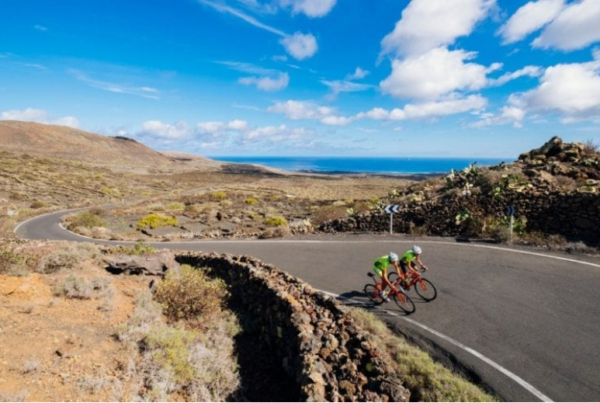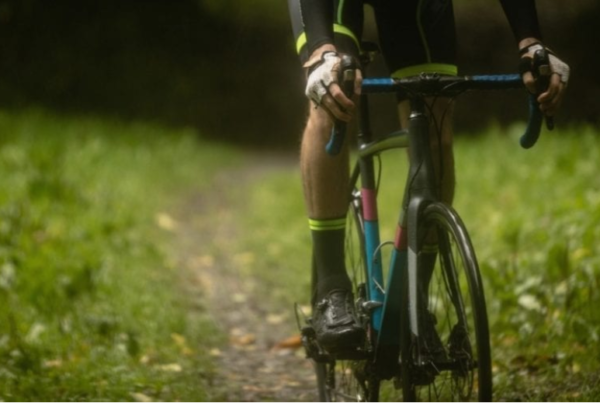Regardless of how your season went, it is a good idea to take a couple of weeks off from cycling training each year. Despite the known need for recovery, many cyclists opt to skip their off-season. Cyclists who had a difficult cycling season want to make up for lost time and catch up, while riders who had a great season are often motivated to continue training to avoid losing the great feeling of peak fitness.
We know there is a need to take time off, but when and how to take that time off varies between riders, your past season and your next goals.
The primary concern athletes have with taking time off is they will lose fitness. This is a valid fear because it does happen, but it’s temporary and you gain in other areas. Try thinking about off-seasons as a longer version of the weekly off-day or monthly off-week. These periods let your body and mind recover before you train again and apply stress with a long or a hard ride. By allowing for proper recovery you will be able to put in several hard training blocks after taking a recovery period and this undulation in training stress (volume, intensity) helps you become fitter and faster.
Sure, when you return to training you won’t feel as sharp as you did at your peak fitness, but in a few weeks at your regular training level, your fitness returns and you will have much more motivation — and a healthy body — to start pushing your fitness to even higher peaks.
Athletes often think about their physical fitness and using off-season recovery to help avoid injury, but we forget this period is also very much for mental recovery. It takes a lot of energy to wake up early to work out before work — and even more energy to push your limits in focused intervals. If you don’t take recovery days, weeks or seasons, you are likely to see lower intensity intervals, gradually decreasing motivation and a higher risk of injury during the season. If you want to keep getting up early and pushing your limits, then allowing some mental recovery is a great reason to take an off-season.
The off-season should include time for being lazy and catching up with friends and family. But there’s no need to become a complete couch potato. If you are generally healthy, continuing an active lifestyle, which may include commuting, walking, taking the stairs, doing a basic yoga routine at home, and any social activities are great assuming they’re not preventing mental or physical recovery. If the effort to do the activity is very low, this is a good sign.
Aim for a range of 2–4 weeks to recover during the off-season when there is no biking, workouts or major activities beyond normal daily living activities (walking, commuting, chores, etc). Many athletes who are injury-free and mentally fresh can start low-intensity or fun activities after a week or two of rest. This includes low-structure, low-intensity riding, cross-training or fun activities (e.g., hiking, camping, snowshoeing) especially if done with friends.
- READ MORE > WHAT CYCLISTS SHOULD DO IN THE OFF-SEASON
The body and mind can offer insight into when the off-season can become more of a transition or ‘early base’ period. The best indication you’re ready to start training again is the return of the urge to train hard with focus — and any fatigue/injury or other health concerns have greatly improved if not resolved. Enjoy this lower energy, lower focus time as it only comes around once a year and provides an enjoyable balance to the intensity and focus your big goals require next year.









